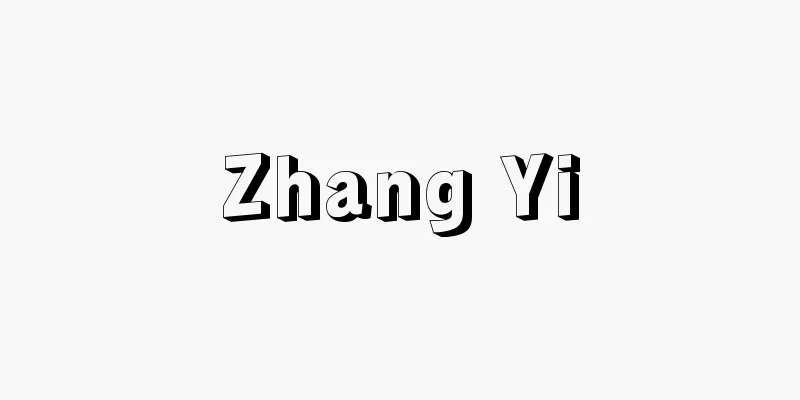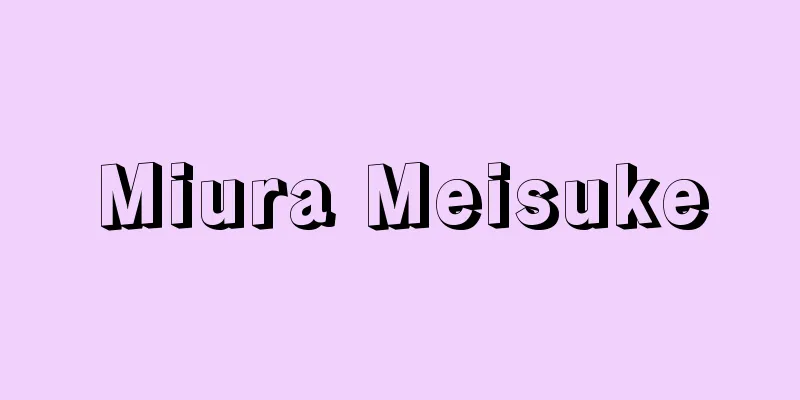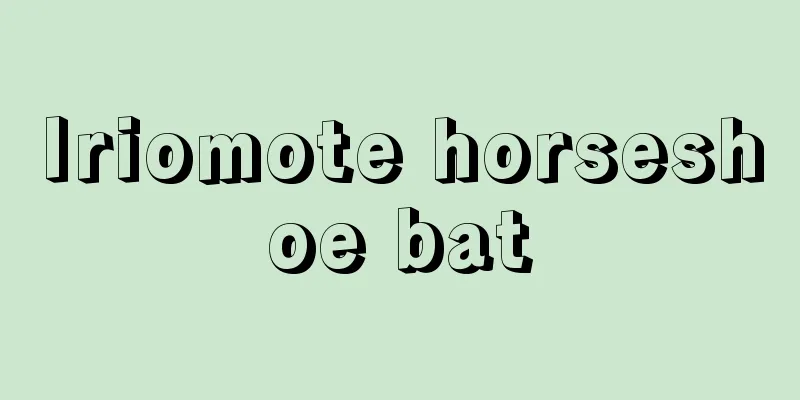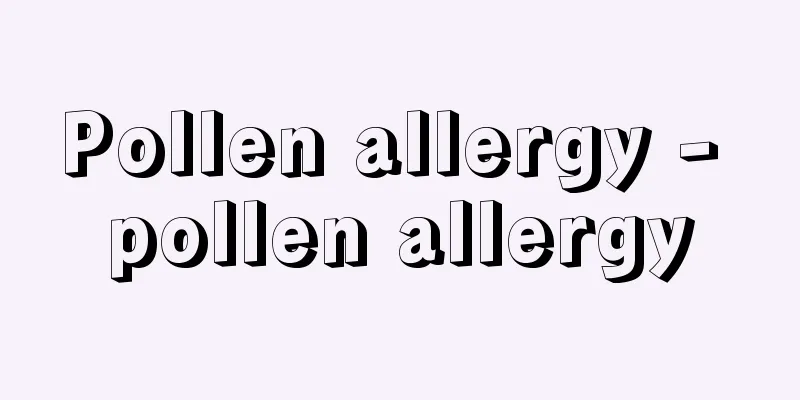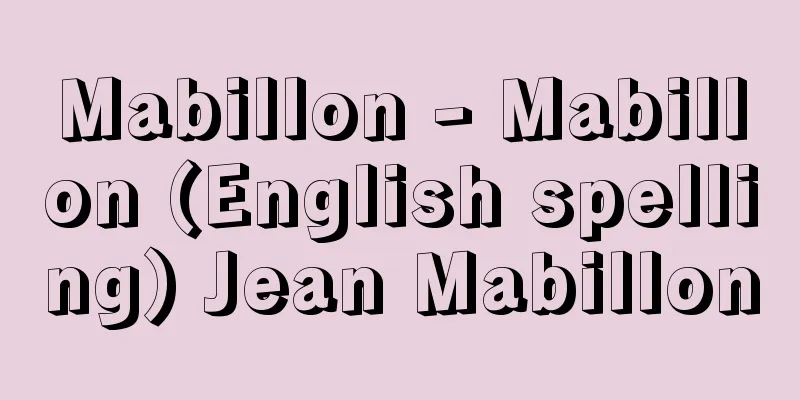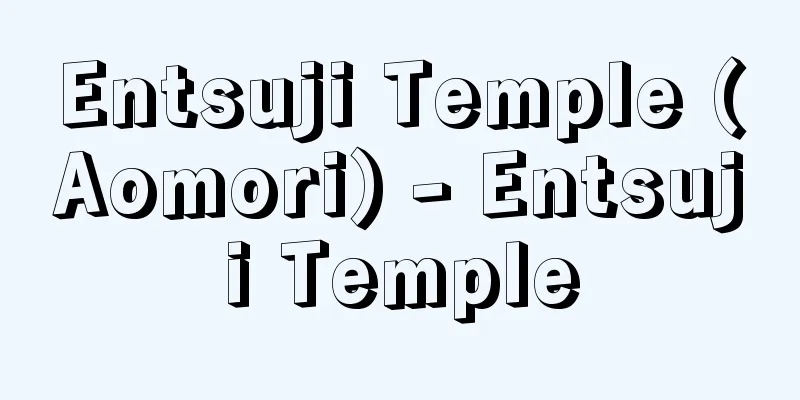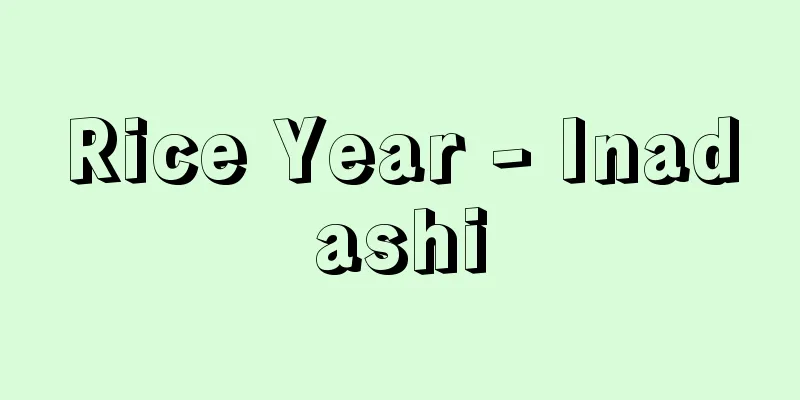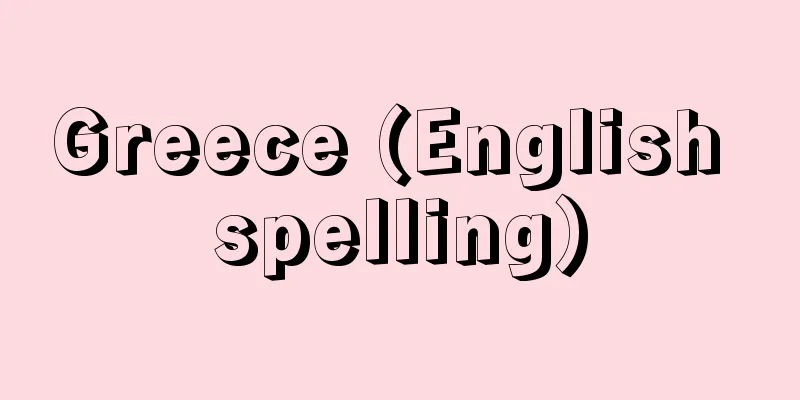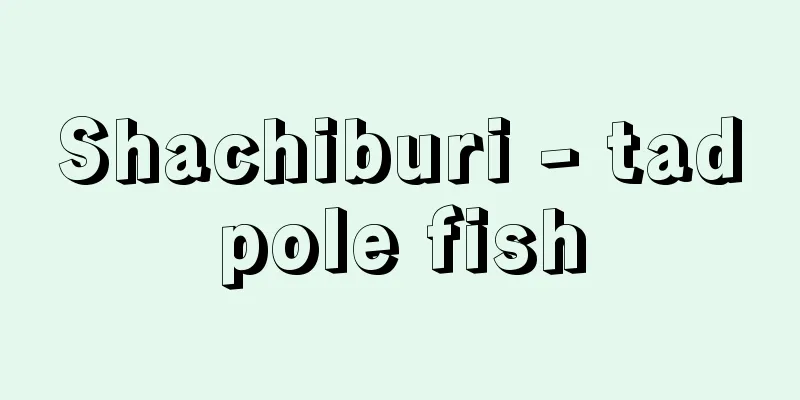With head and tail - with head and tail
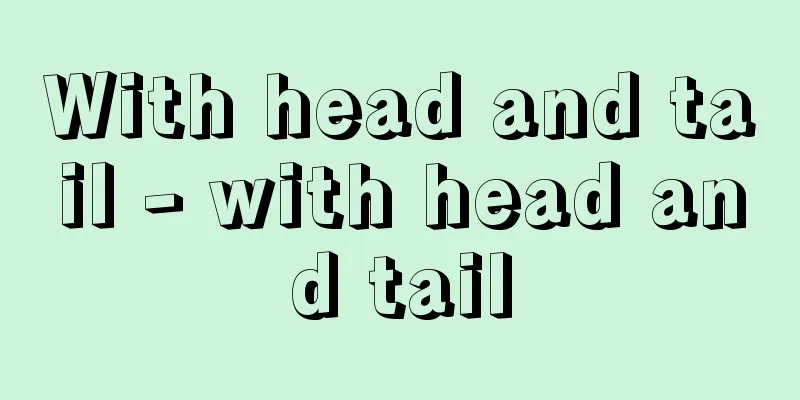
|
A complete fish with both head and tail is served on a celebratory meal, a meal for a sacred occasion such as a Shinto festival, and is called a "meal with head and tail attached" and is used as a symbol of a happy meal. In Buddhism, fish is not used because of the precept against killing, and this is known as vegetarian cuisine. However, dishes that use fish are used in places outside of Buddhist control, so the typical dish with head and tail attached was added to emphasize its meaning. [Hisako Maruyama] Source: Shogakukan Encyclopedia Nipponica About Encyclopedia Nipponica Information | Legend |
|
祝いの膳(ぜん)、神祭りなど改まった日の食膳に、頭も尾もそろった完全な形の魚をつける、これを「尾頭付きの膳」といって、めでたい食事の象徴のように用いられる。仏教では、殺生戒(せっしょうかい)ということで魚は使わない、いわゆる精進料理であった。これに対して魚を用いる料理は、仏教の管理以外のところで用いられるので、典型的ともいえる尾頭付きの一皿を加えてその意味を強調したわけである。 [丸山久子] 出典 小学館 日本大百科全書(ニッポニカ)日本大百科全書(ニッポニカ)について 情報 | 凡例 |
Recommend
Yoshu Kiln
Located in Huangbao Town, Tongchuan City, Shaanxi ...
Norris - Frank Norris
American novelist. Officially, Benjamin Franklin ...
Comstockery
…By his own count, he convicted more than 3,600 p...
Pennsylvania [State] - Pennsylvania
A state in the northeastern United States. Abbrevi...
Howard Taylor Ricketts
1871‐1910 American microbiologist. Born in Ohio, h...
Crustaceans - Crustaceans
A group of animals that form the class Crustacea ...
Kaigenkan
…Buddhist temples were built in each state during...
Pearl-bush (English spelling)
…In Europe and the United States, hybrids of this...
Ant people - Ant people (English spelling)
An ancient Slavic tribe. According to Jordanes, th...
Ukie - Ukie
This is an ukiyo-e style that uses Western perspe...
Well done
〘noun〙 (well-done) A way of cooking steak. It mean...
Pneumomediastinum - Pneumomediastinum
… [Mediastinal emphysema] An abnormal accumulatio...
Meiji Art Association - Meiji Bijutsukai
Japan's first Western-style art group, focusi...
Itakobushi - Itakobushi
A popular song from the mid-Edo period. During th...
Ignacy Mościcki
1867‐1946 Polish scholar and politician. He studie...
